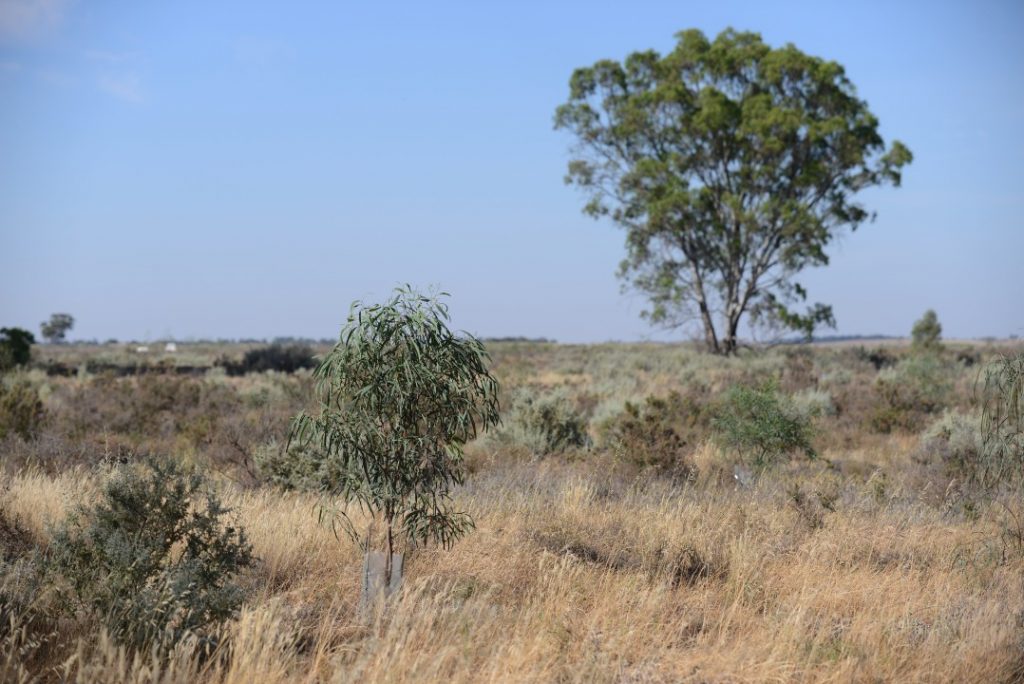This week marks the start of COP26 in Glasgow. The summit is the 26th conference of parties under the 1992 United Nations Framework Convention on Climate Change (UNFCCC), and the first major international climate change conference since the Paris agreement in 2015. At the conference, all attending nations are expected to sign up to stronger emissions reduction commitments, such as net-zero by 2050 and a 45% reduction by 2030.
Kilter Rural is in strong support of COP26. We support the science suggesting stronger emissions reduction targets are essential in keeping global temperatures within a 1.5°C rise. Addressing climate change is inherently linked to our core strategy linking farming landscape regeneration for food security, with the protection and enhancement of natural capital. Establishing strong international climate commitments is also fundamental in supporting the growing markets around carbon and ESG co-benefits. Sophisticated, deep and transparent carbon markets require unanimous international support to assist in offsetting industries that can’t significantly reduce emissions.
Kilter Rural continues to build on its 16 year commitment to emissions reduction and CO2 sequestration. The Australian Farmlands Fund has a goal of being a net carbon sink by end of fund, with our best-case estimated emissions intensity target to be -4t CO2/ha (sequestering 4t CO2 per hectare). A significant mitigation transformation from the modelled 10t CO2/ha emissions on the prior land use.
Emissions reduction commitments aren’t just about net-zero, with the methods and speed to achieve this goal just as important in halting global warming. Across Kilter’s farmland assets, we’ve committed to building natural capital back into farming landscapes by reforesting 30-45% of the landscape with native vegetation. This not only helps sequester emissions but also improves local biodiversity and ecosystems. The beneficial impact on natural capital assets is evaluated, measured and reported through the Accounting for Nature framework for developing environmental accounts. This permits Kilter to measure the trend in the condition of vegetation, soils and fauna against targets set for condition improvement.
The growing support we are achieving from the investment community both here and internationally illustrates that firms that are part of the transition to a low carbon future, as we aspire to be, can gain significant investor support, be a part of the solution and still make great returns.
Subscribe to our newsletter to stay informed
